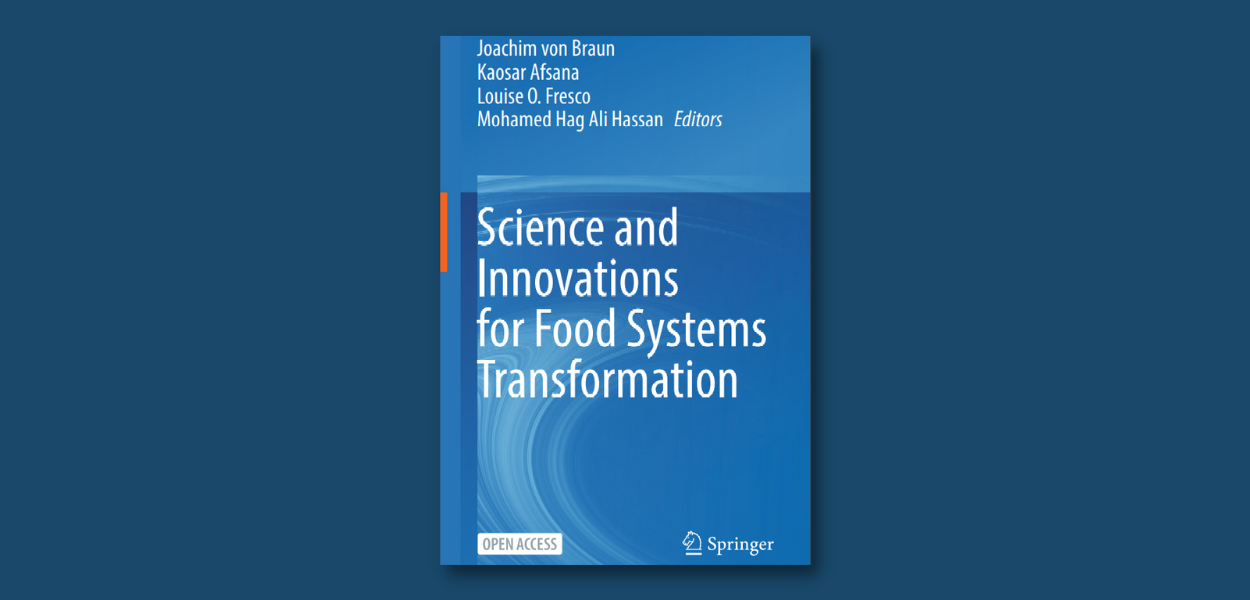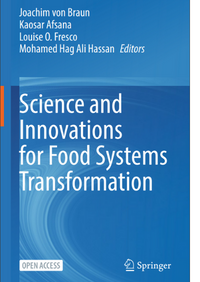SEED FUNDING JOINT PROGRAMMES
Cambodia
Transforming Cambodia’s food systems to become more sustainable, inclusive, and resilient


PROJECT TITLE | Transforming Cambodia’s food systems to become more sustainable, inclusive, and resilient |
| Context | Cambodia’s National Pathway is the outcome of an extensive consultation process, involving more than 2,000 people throughout thirty dialogues, which identifies four priority areas, namely healthy diets for all, empowerment of youth, women and vulnerable groups, resilient livelihoods and food systems, inclusive governance. Acknowledging the risks posed by climate change to hard won development gains and as a co-founder of the Alliance of Champions for Food Systems Transformation, Cambodia is prioritizing the integration of climate change and food systems transformation, building coherence across the agendas. The Council for Agricultural and Rural Development, the government agency coordinating food security and nutrition initiatives in Cambodia, is leading collaborative efforts to translate national aspirations into concrete action. |
| PUNOs | FAO, WFP, UNICEF |
| Contribution to SDGs | SDG 2 Zero Hunger |
| Contribution to other SDG transitions | Climate, biodiversity, pollution |
| Duration | August 2024 – July 2025 |
| Expected financial leverage | $3 million |
| Alignment with SG Call to Action | Policy integration; Food systems governance; Inclusive and participatory design; Private sector engagement |
| Outcomes | The Joint Programme fosters an enabling environment for food systems transformation by enhancing national capacities and policy frameworks, identifying opportunities to unlock financial streams, and strengthening advocacy efforts for food systems transformation. The JP provides crucial support to the alignment of the climate and food agendas, accelerating progress towards resilient, sustainable and inclusive food systems. |
| Partners | Council for Agricultural and Rural Development (CARD) will be the main government counterpart and will coordinate the government activities in conjunction with other key Ministries, including:
|
| Outputs |
|
New publication from the Scientific Group of UN Food Systems Summit: “Science and Innovations for Food Systems Transformation”
This Open Access book consolidates evidence and recommendations from the Scientific Group of the UN Food Systems Summit 2021 and its research partners.

Science and research are essential for innovations that accelerate the transformation towards healthier, more sustainable, equitable, and resilient food systems.
The Scientific Group of the UN Food Systems Summit 2021 recently published its new volume, “Science and Innovations for Food Systems Transformation”. This Open Access book compiles the findings of the Scientific Group and its research partners to help build a consensus on our global understanding of food systems. The chapters provide science- and research-based, state-of-the-art, solution-oriented knowledge and evidence to inform the transformation of contemporary food systems.
The publication is co-edited by Joachim von Braun, Kaosar Afsana, Louise O. Fresco and Mohamed Hag Ali Hassan, and is available in a whole volume PDF and as individual digital chapters.
About the Scientific Group of the United Nations Food Systems Summit 2021
The Scientific Group was an independent group of 28 food systems scientists – social scientists, economists and scientists working within the natural and biological sciences, ecology and food technology – from all over the world with a mandate from the Deputy Secretary-General of the United Nations. It was responsible for bringing to bear the foremost scientific evidence to the Summit and expanding the base of shared global knowledge about experiences, approaches, and tools for driving sustainable food systems.
About the publication

The volume is divided into seven sections: Food System Concepts and Summarized Recommendations; Actions on Hunger and Healthy Diets; Actions for Equity and Resilience in Food Systems; Actions for Sustainable Food Production and Resource Management; Costs, Investments, Finance and Trade Actions; Regional Perspectives; and Strategic Perspectives and Governance.
While the volume is organized by themes, a focus on the interdependence of food, health and environment systems is recognized as key to driving innovations that can help achieve multiple SDGs in an integrated manner.
The findings in this publication outline a clear direction for sustainable food systems transformations –ensuring that our solutions are systems-driven, anchored in science, and inclusive of a diversity of frameworks and regional voices.
Quick links
- Science and Innovations for Food Systems Transformation
- About the Scientific Group of the UN Food Systems Summit 2021
